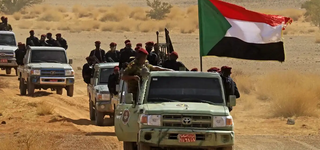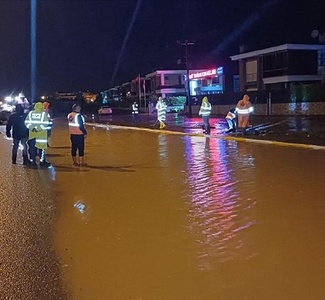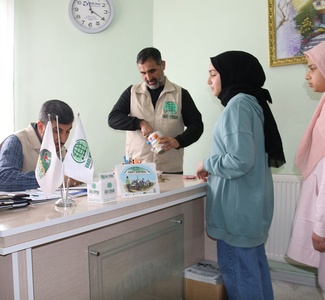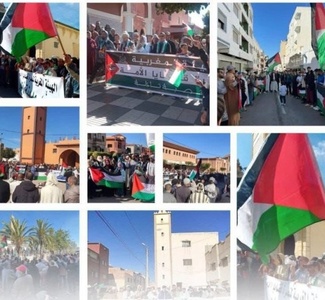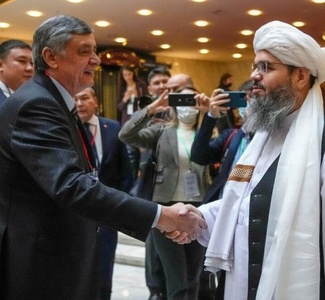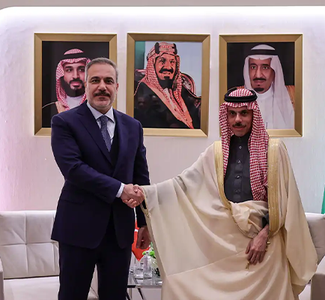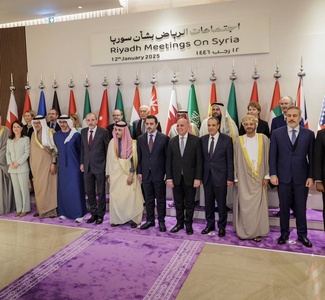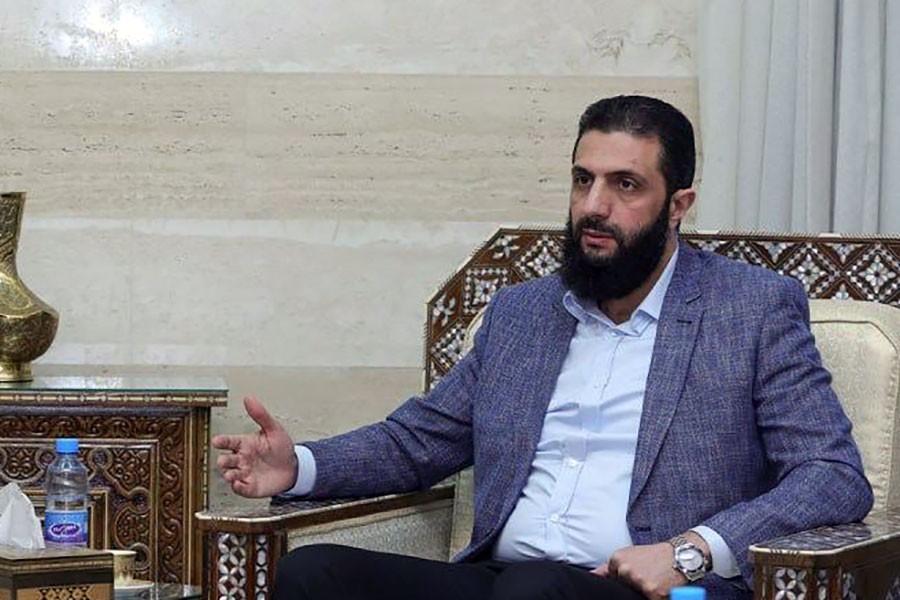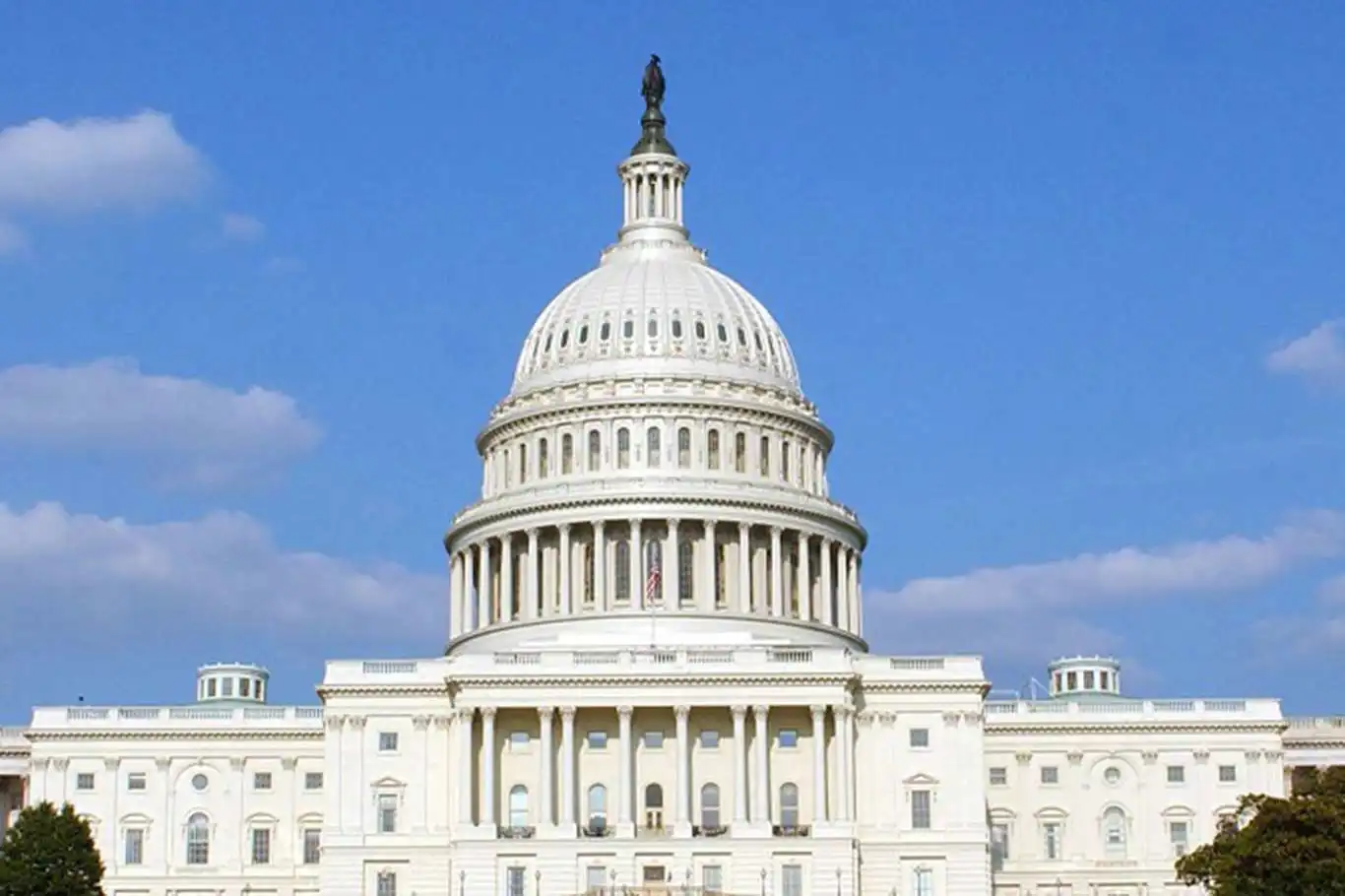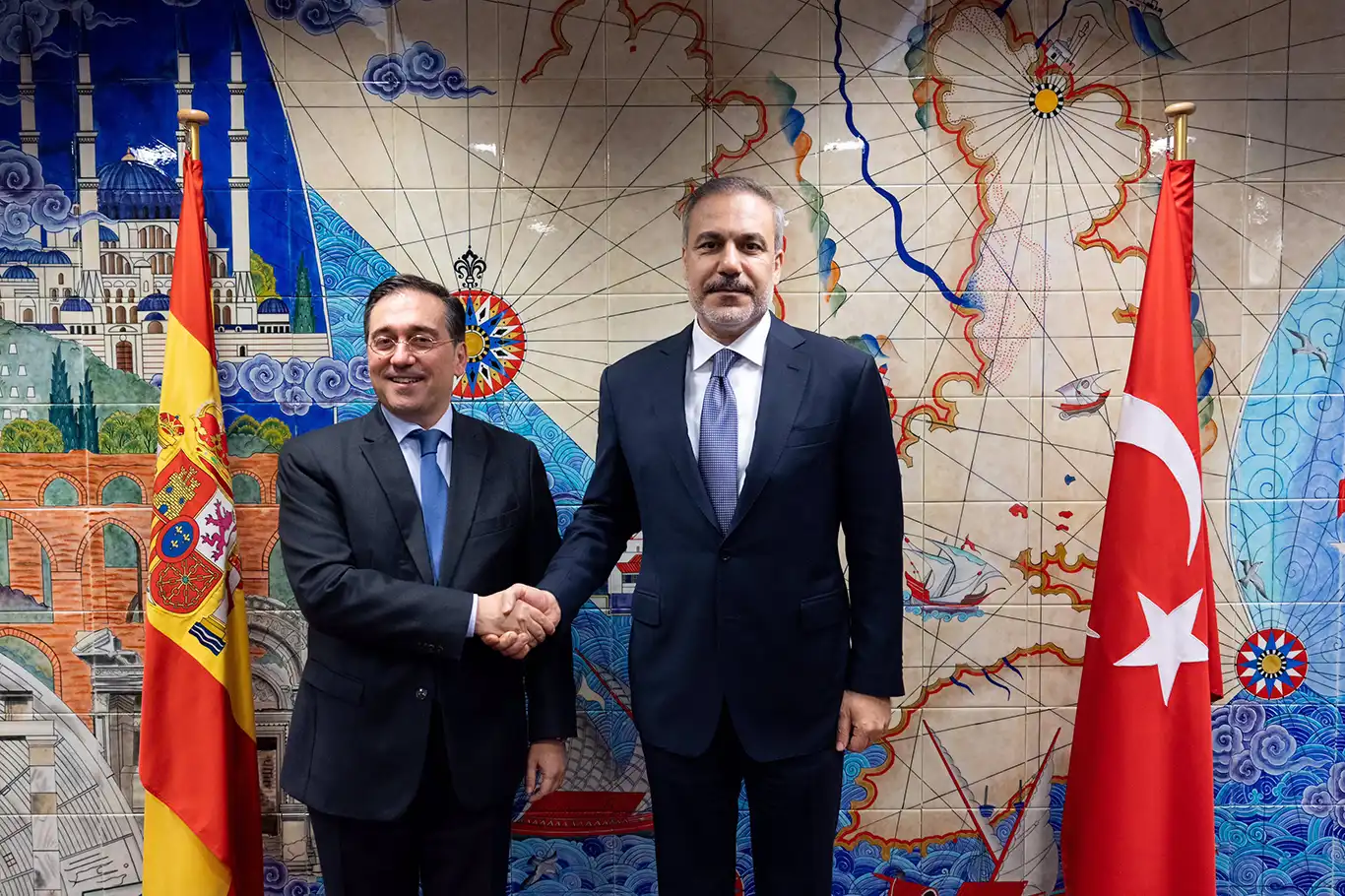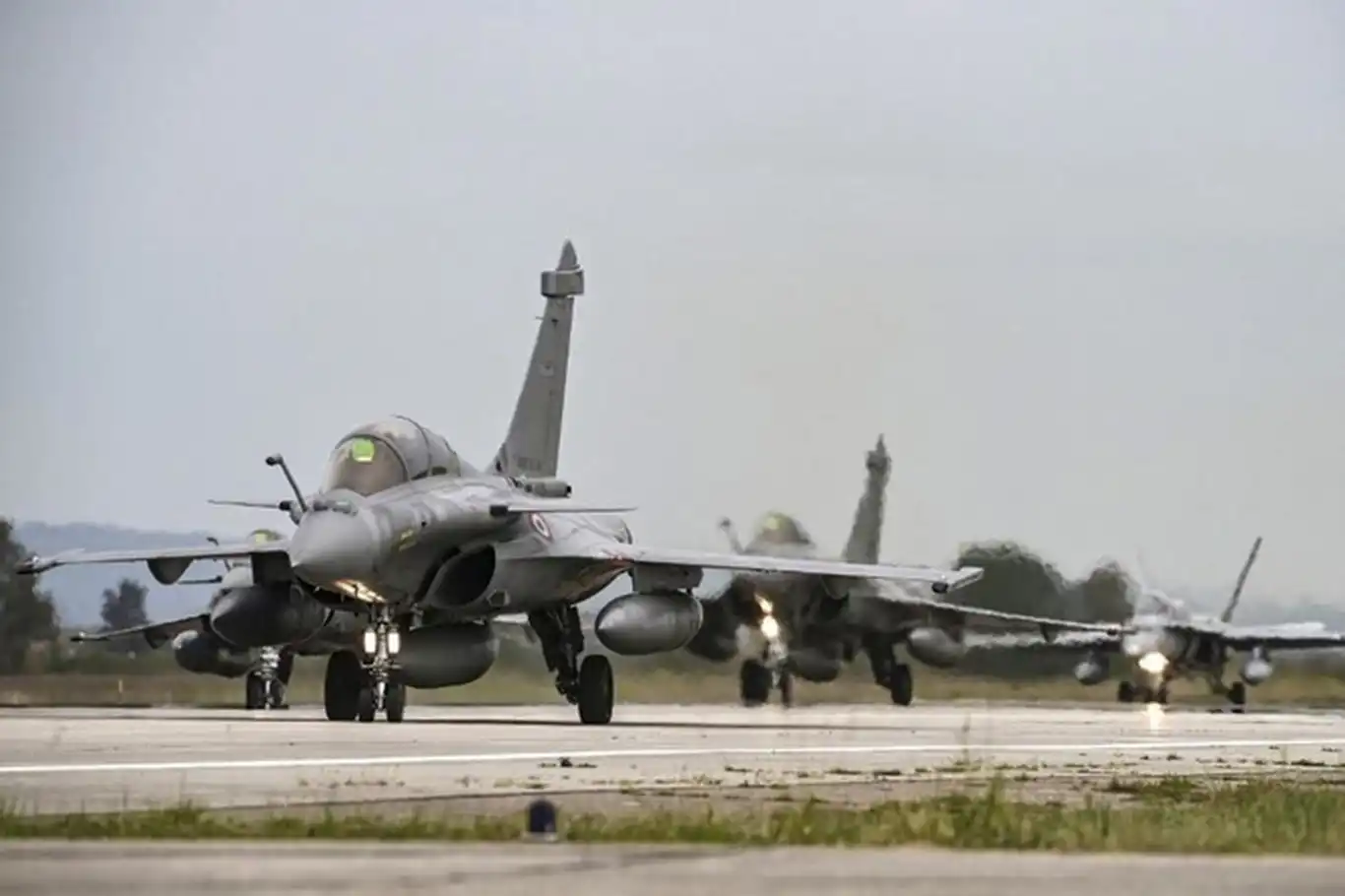Future of madrasah education explored at international meeting in Diyarbakır
The 2nd International Academy-Medrasa Meetings, held in Diyarbakır, concluded with a declaration outlining recommendations for the future of madrasas.
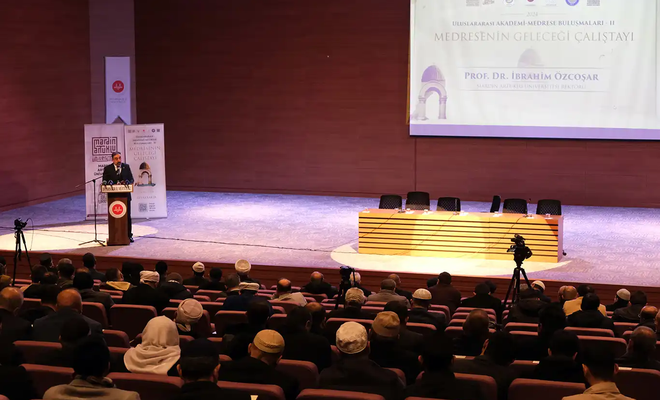
 Google News'te Doğruhaber'e abone olun.
Google News'te Doğruhaber'e abone olun. Organized in collaboration with Mardin Artuklu University, the Madrasa Scholars Foundation (MEDAV), Diyarbakır Provincial Mufti’s Office, Diyarbakır Religious High Specialization Centre, and Kadim Academy, the event gathered scholars and academics to discuss the future of madrasahs—centuries-old institutions deeply rooted in Islamic civilization.
Madrasahs have long been centers of learning, not only in religious sciences but also in positive sciences, significantly contributing to the global intellectual heritage. However, the declaration highlighted the necessity of adapting these institutions to meet contemporary needs while preserving their traditional essence. This adaptation would ensure that madrasahs remain relevant and effective in addressing the challenges of modern society.
The declaration underscored the importance of understanding the current status and societal impact of madrasahs across Turkey and beyond. Participants explored topics such as the integration of madrasahs with secular education systems, their relationship with academia, and the development of legal frameworks to support their evolution. The collective insights led to a series of proposals aimed at shaping the future of madrasahs.
One of the central recommendations was fostering collaboration between madrasahs and theology faculties, emphasizing that these institutions should complement rather than compete with one another. The development of diverse madrasah models tailored to various educational levels, from middle school to university, was proposed to enrich students’ academic and intellectual growth. Strengthening existing madrasahs, rather than creating fragmented systems, was seen as a pathway to enhancing both quality and specialization.
To expand access, the declaration called for the creation of online madrasahs, making education accessible to a broader audience. It also stressed the need for inclusive initiatives, such as establishing madrasahs for female students, which would significantly increase the reach and impact of these institutions. Additionally, the declaration highlighted the importance of institutional partnerships with NGOs and other organizations to improve standardization and foster growth.
Modernizing curricula was another key focus. By integrating contemporary sciences and aligning educational offerings with societal needs, madrasahs could better equip students for the modern world. The declaration also emphasized the importance of fostering social responsibility among students, encouraging their participation in community service and extracurricular activities to develop well-rounded individuals.
Career guidance was identified as a critical component of madrasah education. Providing students with support for competitive exams and career planning would enhance their professional opportunities. The declaration also advocated for global engagement, urging madrasahs to facilitate international exchanges for students and instructors, thereby enriching the educational experience.
Legal recognition emerged as a significant theme. Formalizing madrasahs within the national education framework would not only legitimize their contributions but also ensure transparency and accountability. Establishing a dedicated board under the Ministry of National Education was proposed to standardize and oversee madrasah education.
The declaration also encouraged the creation of foundation universities affiliated with madrasahs. This would enable a synthesis of Islamic and modern scientific paradigms, fostering innovative methodologies and contributing to global intellectual discourse. Collaborative research between madrasahs and academic institutions was recommended to produce original works and deepen knowledge.
Finally, the preservation of cultural heritage was emphasized. Many works authored by madrasah scholars remain unpublished or uncatalogued. Efforts to document, analyze, and publish these works would safeguard their legacy and enrich academic resources.
The declaration reflected a shared vision of madrasahs as dynamic institutions capable of bridging tradition and modernity. By integrating classical Islamic education with contemporary approaches, madrasahs can become vibrant centers of innovation and learning, contributing to a brighter and more inclusive future for education and society. (ILKHA)































